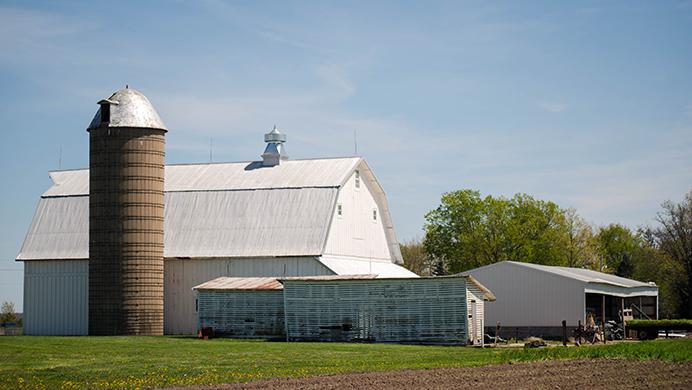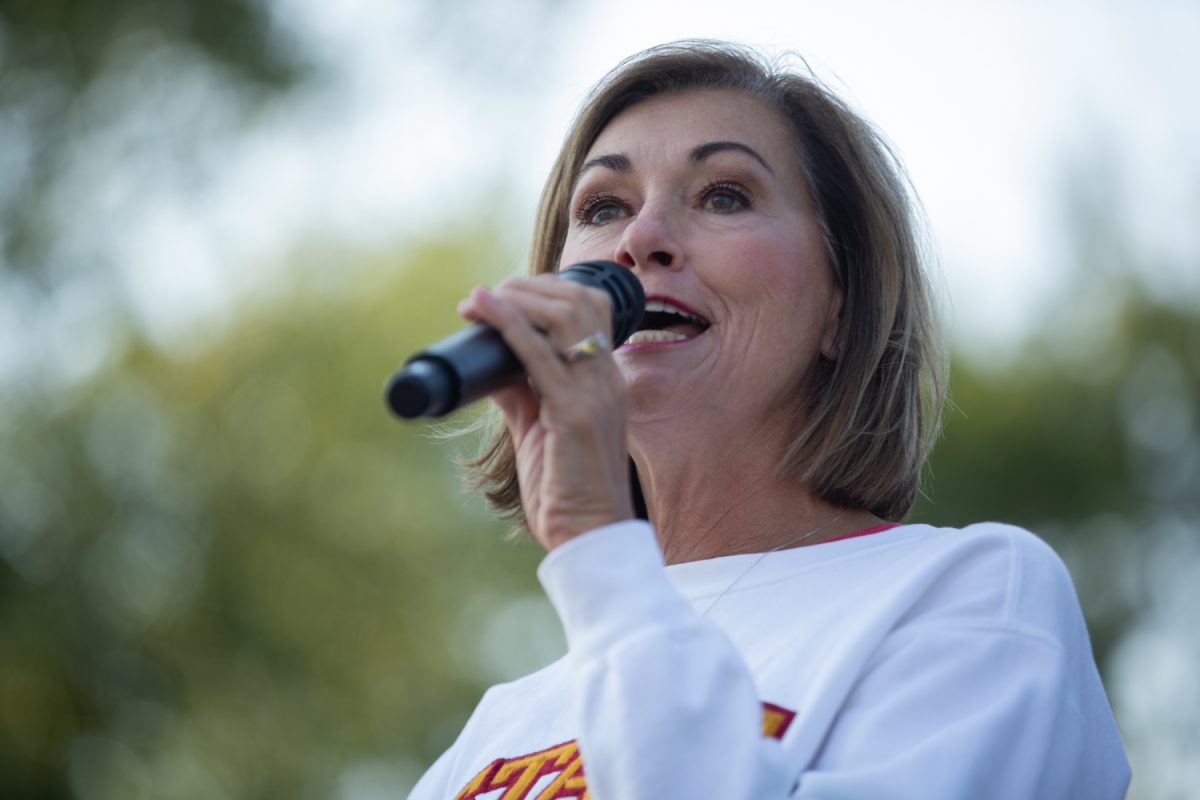As the GOP makes more and more decisions to reward only the most wealthy, Iowan farmers get hurt.
By Jacob Prall
Traveling between my home in Cedar Rapids and my residence in Iowa City, I pass a sign that never fails to make me chuckle and grimace. Along I-380, nestled between crop and farmstead, is a cardboard poster that reads “Tax and Spend Policy Bother You? VOTE REPUBLICAN.” Without fail, I always say to myself, “Spending Without Revenue Policy Bother You? Vote Democrat.”
This sort of messaging isn’t new to anyone who’s driven through the vast Midwest. Farmers consistently vote Republican and occupy a strange place in American politics. They are a large minority, making up just two percent of the population, yet they feed the vast majority of the United States. As a lobbying force, they are influential and largely conservative.
But trends in the GOP, including but not limited to Trumpism, are distancing the GOP agenda from the interests of their loyal farming constituents. Some reasons that farmers choose the GOP are purely rhetorical. The myth of economic frugality as a staple of the GOP has been thoroughly debunked, though it is still propagated today. Deficit spending has become a hallmark of recent GOP presidents, from Reagan to George W. Bush. Tax cuts are never paid for by equal cuts to spending. Cuts to spending on social programs typically stifle economic growth, and so the deficit increases. The GOP also rails against welfare, but the farming sector enjoyed $25 billion in agricultural subsidies — corporate welfare — from the USDA in 2016.
Social conservatism and Christian religiosity are often the key factors of farmers being overwhelmingly conservative. So what reasons do farmers in the U.S. have to start considering a different political affiliation?
Republican tax breaks heavily favor the wealthiest Americans, which typically don’t include your average Iowa farmer. The GOP likes to argue for the ending of the estate tax because it taxes farmers and ranchers wanting to hand down their family farms. In reality, the tax only affects a handful of farms and ranches in the U.S. A 2015 Agricultural Resource Management Survey conducted by the USDA estimated that only 1.7 percent of farm estates would be required to file an estate tax return, and that only 0.42 percent of estates would owe any federal estate tax.
For your average farmer, far more important than taxes is trade. Thanks to free trade, the U.S. is one of the world’s largest produce-exporting countries. Business Insider reported that the value of U.S. dairy-product exports quadrupled from 2004 to 2014, and pork exports increased elevenfold since 2000. The Trans-Pacific Partnership would have given U.S. farmers a huge competitive advantage in a $62 billion market. Ditching it means a slowdown of growth in trade.
Beyond both taxes and trade is immigration. The Agriculture Department estimates only 22 percent of America’s crop workers were born in the U.S. Immigrants are essential in crop work and dairy farming. Northwest Iowa is a prime example of this demographic shift. In the past couple decades, a large number of Latino families have moved into the area. Take Sioux Center, Iowa, which saw its Latino population grew from 4.67 percent in 2000 to 13.1 percent in 2010.
Immigrants, undocumented or citizens, make up a large part of the farm workforce. The USDA estimates 47 percent of the 1.5 million to 2 million farmworkers in the U.S. are undocumented immigrants, absolutely vital to the agriculture industry. The institute on Taxation and Economic Policy estimates that undocumented immigrants pay $11.64 billion in state and local taxes annually. In addition, many employers withhold Social Security. Undocumented immigrants pay $13 billion in Social Security a year, while receiving around $1 billion in benefits. These are hardworking people who contribute to their communities.
But as hostilities toward immigrants grow, fear is spreading among workers and owners. A crackdown on immigration would spell ruin for many farmers and rural businesses. The National Milk Producers Federation estimates that removing immigrant workers from dairy farming would result in a 90 percent increase in milk costs and lead to 7,000 farms closing. And we can’t forget that immigrant workers add value to our nation and are human beings deserving of the rights U.S. citizenship bestows.
As the GOP evolves (and mutates from exposure to radioactive Trump), steadfast constituents will find more ways in which the party’s platform is at odds with their self-interest. I don’t expect to see any liberal signs among the corn and soybeans any time soon, but at least there’s that big picture of Will Ferrell on I-80. We can all take joy in that, can’t we?









